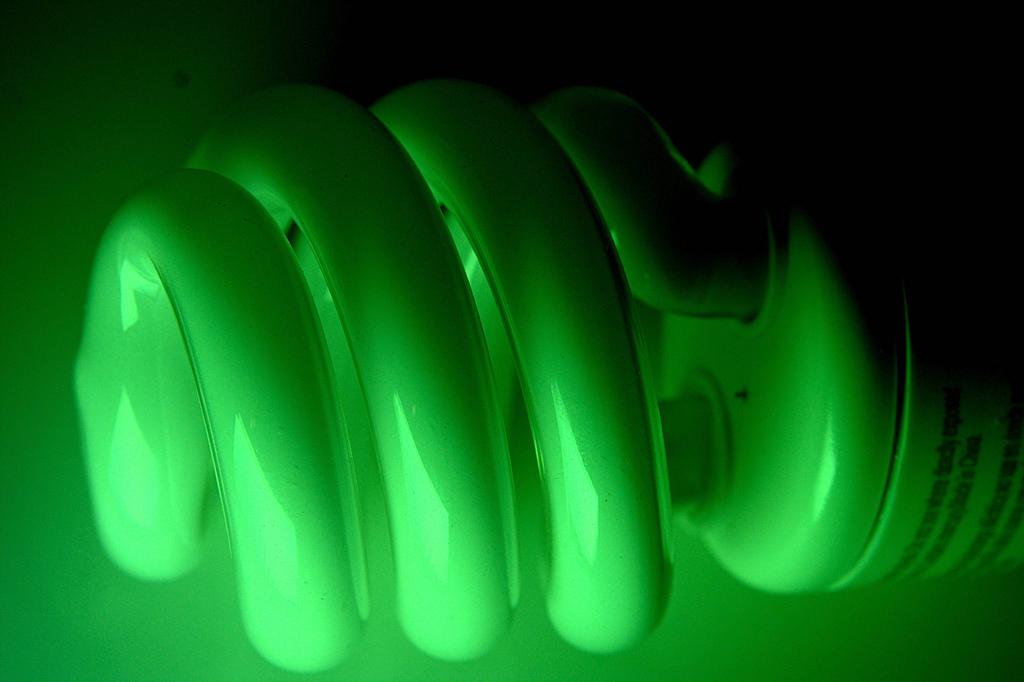3 Mins Read
An earlier version of this post was published on Apronto’s Blog.
A full year after embarking on my 100 days of self study, here are the habits that worked for me and that I stuck with: truly tested every day behaviors. They include, without wanting to belabor these points: saving energy & water at home, refraining from eating and shopping in places that use a lot of/un-recyclable packaging, buying organic where possible and thinking about my shopping decisions extremely carefully.
My most successful green habit has always been practicing yoga. How is yoga a green habit, you might ask? There are many reasons, some of them rooted in the philosophy of the practice and the movements, others to do with health & wellbeing. My main reason is far more pragmatic: because it makes me less reliant on comfort, coffee and convenience.
- Carry my own water flask – almost always, almost everywhere.
- Drive without air conditioning- this is quite easy to do, as long as there is nobody next to me complaining! Open the windows as often as possible and if you have to use the cooling system, limit the time it’s on.
- Limit shower time – just use the water to rinse. Works most days!
- Read newspapers online, download audio books/use a Kindle. Not always as nice as reading paper, but it combines convenience with greenness.
- Replace common electrical plugs with ones that have a built in switch- most modern electronics produce heat and consume electricity even when they are switched off – so we switch them off at the source when they are not in use.
- Always carry your own shopping bags – I am strict with myself: if I forget to bring a bag, I don’t shop or I carry the items in my handbag.
- Almost 90% of the personal care products I use are organic and have biodegradable packaging. Also, using bar soaps instead of shower gels in heavy pump bottles is very eco-friendly.
- Use only biodegradable household cleaners, detergents and soaps – don’t pollute our rivers and oceans.
- Be efficient and plan ahead when you need to use your car. Make sure you bundle all your errands- save petrol, time and resources.
- To reduce our laundry loads, I use very thin cotton towels in the summer months. They are one fourth the weight of our conventional bath towels, they dry quickly and they are great for bringing to the pool or the beach as they are so light. I monitor the kids’ laundry with an eco-warrior’s discipline and can often be heard declaring “You can wear that again!”
- Avoid cotton- it is an extremely harmful crop when conventionally planted as it is pesticide-intensive. I go for organic cotton and I buy considerably fewer clothes than I used to. Stained/old clothes can be used for years after as cleaning rags.
- For drinking water I use a local system that reuses the containers. We do not buy plastic bottles, packaged juices or canned drinks.
- Replace all dead batteries with rechargeable batteries. I do not replace broken alarm clocks, kitchen timers, calculators – I just use my smart phone instead. Most gadgets are superfluous now, there are apps for everything! Technology has some green advantages.
- Sadly, my iPhone doesn’t make coffee. When our fantastic coffee maker finally gave in, I did not replace it and I now brew my coffee by hand. It is delicious! Fair trade, organic, and enjoyed sparingly, made only with as much water as I need.
- Replace old/used/broken incandescent lightbulbs with LED versions- this can make a big difference energy consumption-wise in a large(r) household.
Whilst I have made great progress over the past few years in running a green household and making my daily habits as sustainable as possible, here is what I still struggle to do in Hong Kong:
- Reduce air conditioning at home – not only because it is so very hot in Hong Kong, but because it is humid, which makes the heat so much harder to bear. It does help to close the curtains during the daytime, which reduces indoor heat. Fans can also be somewhat more eco-friendly than air conditioning.
- Avoid plastic packaging- Everything, everywhere, even books, comes tightly wrapped in plastic covering. And last but certainly not least,
- Limit air travel – as a European-American family in Asia, it is basically impossible for us to avoid carbon-footprint-heavy flights multiple times a year. We need to see our families!
Photo credit: JonathanCohen via photopin cc




